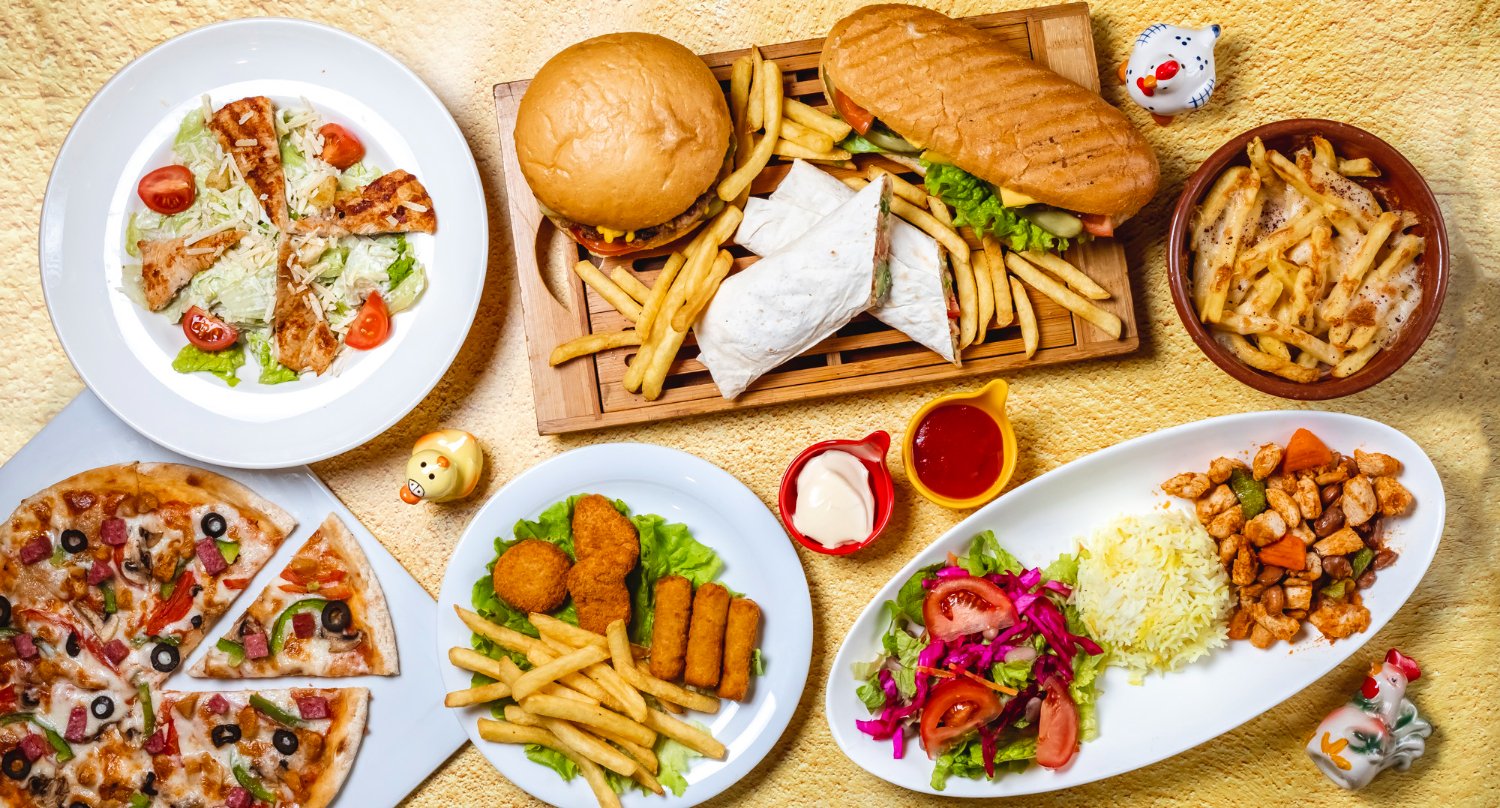High cholesterol levels can significantly increase the risk of heart disease and other cardiovascular problems. While medication and lifestyle changes are often recommended to manage cholesterol, one crucial aspect of a heart-healthy diet is avoiding foods that contribute to high cholesterol levels. In this article, we will discuss ten common foods that should be avoided to help lower high cholesterol levels.
- Trans fats: Trans fats are artificially produced fats found in many processed foods, including margarine, fried and baked goods, and some fast foods. They not only raise “bad” LDL cholesterol levels but also lower “good” HDL cholesterol. Avoiding trans fats is essential for maintaining healthy cholesterol levels.
- Saturated fats: Foods high in saturated fats can raise LDL cholesterol levels. These include fatty meats, full-fat dairy products, butter, and tropical oils such as coconut and palm oil. Opt for lean meats, low-fat dairy, and healthier cooking oils like olive or canola oil instead.
- Red meat: While lean cuts of red meat can be part of a balanced diet, excessive consumption can contribute to high cholesterol levels. Limit your intake of red meat and choose leaner alternatives such as poultry or fish more frequently.
- Processed meats: Foods like sausages, hot dogs, and deli meats often contain high levels of saturated fats and sodium. These foods can increase LDL cholesterol levels and raise the risk of heart disease. Consider healthier protein sources such as grilled chicken, turkey, or legumes.
- Full-fat dairy products: Whole milk, cheese, and other full-fat dairy products contain high levels of saturated fats. Switch to low-fat or fat-free options to reduce your saturated fat intake while still enjoying dairy products.
- Shellfish and organ meats: Shellfish like shrimp and lobster are low in saturated fats but can be high in cholesterol. While they can be included in a heart-healthy diet in moderation, individuals with high cholesterol may want to limit their consumption. Organ meats like liver are also high in cholesterol and should be avoided.
- Egg yolks: Eggs are a nutritious food but are high in cholesterol, primarily found in the yolk. Consider limiting your intake of whole eggs or using egg whites as an alternative. However, if you don’t have high cholesterol levels or a history of heart disease, moderate egg consumption can still be part of a healthy diet.
- Fast food and fried foods: Fast food and fried foods are often high in unhealthy fats, including trans fats. These foods can increase LDL cholesterol and contribute to weight gain. Opt for homemade meals using healthier cooking methods like baking, grilling, or steaming.
- Packaged snacks and baked goods: Many packaged snacks, such as cookies, cakes, and crackers, contain trans fats and high levels of saturated fats. These foods can raise LDL cholesterol and add excess calories to your diet. Choose healthier alternatives like fresh fruit, nuts, or homemade snacks made with whole grains.
- High-sodium foods: While not directly linked to cholesterol levels, high sodium intake can contribute to high blood pressure and cardiovascular problems. Processed foods, canned soups, and fast food often contain excessive amounts of sodium. Opt for fresh foods and use herbs and spices to flavor your meals instead.
Lowering high cholesterol levels requires a comprehensive approach, including dietary modifications and regular physical activity. By avoiding or minimizing the consumption of these ten foods, you can take a significant step toward improving your cholesterol profile and maintaining a healthy heart.
As always, it is important to consult with your healthcare provider or a registered dietitian before making any significant dietary changes, especially if you have pre-existing medical conditions or are taking medications.
Remember, small but consistent changes to your diet can have a positive impact on your cholesterol levels and overall cardiovascular health.

